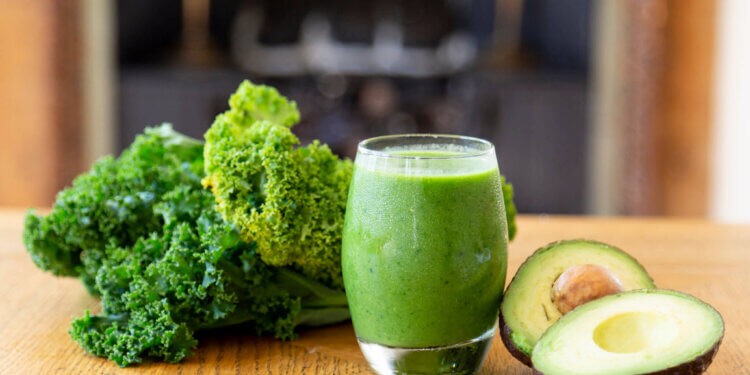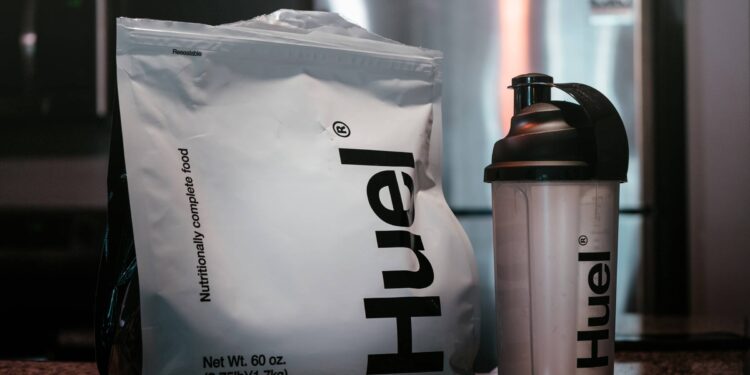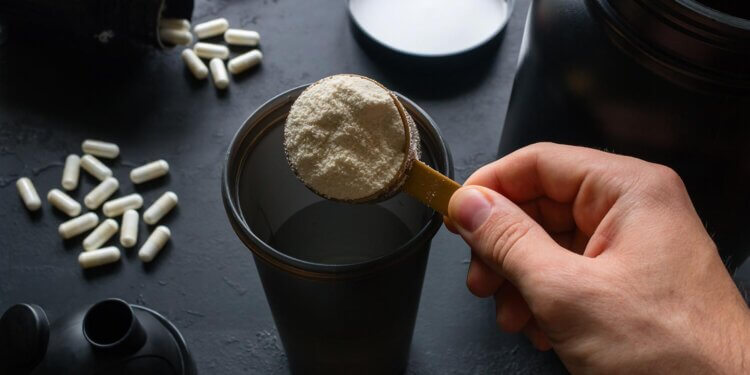This post is also available in:
 English
English ![]() Sinhala
Sinhala
The heart, a vital cornerstone of our bodies, plays a pivotal role in our ability to live, feel, and love. Nurturing this essential organ is crucial for individuals of all ages. Contrary to the misconception that heart issues only arise with aging, many people encounter these challenges much earlier in life. Hence, it becomes paramount to select the most suitable cooking oil types to promote heart health. Let’s explore the ideal cooking oil for those seeking not just a healthy heart but also aiming for weight loss. Taking care of your heart doesn’t just ensure a longer life; it enhances the quality of every moment you cherish. So, let’s delve into the world of cooking oils that not only contribute to a healthy heart but can also be a companion on your weight loss journey.
1. Olive Oil
 One of the best types of oil for heart health is cold-pressed extra virgin olive oil, which goes great with pasta, salads, marinades, soups, and sauces. It’s also a reasonably priced approach to providing your family with a product that’s full of taste and health advantages. Olive oil is a great option for lowering the risk of heart disease since it has anti-inflammatory, anti-blood clotting, and antioxidant qualities. Furthermore, it includes monounsaturated fat, which helps lower LDL bad cholesterol without lowering HDL good cholesterol, as one of the recommended forms of oil for a healthy heart. Oleic acid makes up 75% of this type of oil.
One of the best types of oil for heart health is cold-pressed extra virgin olive oil, which goes great with pasta, salads, marinades, soups, and sauces. It’s also a reasonably priced approach to providing your family with a product that’s full of taste and health advantages. Olive oil is a great option for lowering the risk of heart disease since it has anti-inflammatory, anti-blood clotting, and antioxidant qualities. Furthermore, it includes monounsaturated fat, which helps lower LDL bad cholesterol without lowering HDL good cholesterol, as one of the recommended forms of oil for a healthy heart. Oleic acid makes up 75% of this type of oil.
2. Avocado Oil
 Avocado oil is generally pressed from the flesh of the avocado rather than the seed. It is one of the recent types of oil for a healthy heart. As such, it has a lower smoke point than oils like grapeseed or sunflower oil, making it better as a salad or finishing oil or in lower-heat cooking techniques like sautéing. Avocado oil has unique ‘good’ cholesterol-effective benefits, providing support for heart health and the body in general. However, it is so much more than that: high in heart-healthy monounsaturated fat (which has been shown to lower LDL cholesterol). It also contains vitamin E, which helps protect your cells from damage and aging.
Avocado oil is generally pressed from the flesh of the avocado rather than the seed. It is one of the recent types of oil for a healthy heart. As such, it has a lower smoke point than oils like grapeseed or sunflower oil, making it better as a salad or finishing oil or in lower-heat cooking techniques like sautéing. Avocado oil has unique ‘good’ cholesterol-effective benefits, providing support for heart health and the body in general. However, it is so much more than that: high in heart-healthy monounsaturated fat (which has been shown to lower LDL cholesterol). It also contains vitamin E, which helps protect your cells from damage and aging.
3. Sunflower Oil
 Sunflower oil is one of the unique types of oil for a healthy heart with plant sources of good monounsaturated fatty acids (MUFAs), and high-oleic sunflower oil contains a greater percentage of MUFAs than any other commonly used edible oil. Rise and shine with a bottle of high-oleic sunflower oil. High in heart-healthy monounsaturated fats, this non-GMO oil is perfect for sautéing veggies and searing meat and seafood. Its high smoke point makes it ideal for deep frying, and it’s so versatile that it can even be used to prepare your favorite baked goods.
Sunflower oil is one of the unique types of oil for a healthy heart with plant sources of good monounsaturated fatty acids (MUFAs), and high-oleic sunflower oil contains a greater percentage of MUFAs than any other commonly used edible oil. Rise and shine with a bottle of high-oleic sunflower oil. High in heart-healthy monounsaturated fats, this non-GMO oil is perfect for sautéing veggies and searing meat and seafood. Its high smoke point makes it ideal for deep frying, and it’s so versatile that it can even be used to prepare your favorite baked goods.
4. Canola Oil
 Canola oil is also a good choice as it’s lower in saturated fat than many other healthy oils for Indian cooking. It also has a lot of heart-healthy omega-3 fatty acids, which lower cholesterol. Canola oil has a neutral flavor and an equal distribution of mono- and polyunsaturated fats, which makes it easy to utilize in any recipe in addition to its nutritional advantages. It is one of the many forms of oil that is beneficial to a healthy heart.
Canola oil is also a good choice as it’s lower in saturated fat than many other healthy oils for Indian cooking. It also has a lot of heart-healthy omega-3 fatty acids, which lower cholesterol. Canola oil has a neutral flavor and an equal distribution of mono- and polyunsaturated fats, which makes it easy to utilize in any recipe in addition to its nutritional advantages. It is one of the many forms of oil that is beneficial to a healthy heart.
5. Walnut Oil
 Another excellent source of omega-3 fatty acids is walnut oil. Walnut oil is the best edible oil for health touted for its many health benefits, including the ability to lower blood pressure and protect against heart disease, cancer, and diabetes. Walnut oil maybe even better—it’s rich in polyunsaturated fatty acids (PUFAs) like omega-3 fatty acids, These fatty acids have been associated with improved blood vessel function and reduced inflammation. Walnut oil adds a nutty flavor to salads and is best used in dishes without high heat to preserve its nutritional benefits.
Another excellent source of omega-3 fatty acids is walnut oil. Walnut oil is the best edible oil for health touted for its many health benefits, including the ability to lower blood pressure and protect against heart disease, cancer, and diabetes. Walnut oil maybe even better—it’s rich in polyunsaturated fatty acids (PUFAs) like omega-3 fatty acids, These fatty acids have been associated with improved blood vessel function and reduced inflammation. Walnut oil adds a nutty flavor to salads and is best used in dishes without high heat to preserve its nutritional benefits.
Including various heart-healthy oils in your diet can help you comprehensively maintain cardiovascular health. Although oils have a significant role, it’s also critical to eat a balanced diet, exercise frequently, and seek the guidance of medical specialists for specific recommendations. Making educated decisions about the oils you cook with can help you actively support heart health and general well-being.

























Discussion about this post